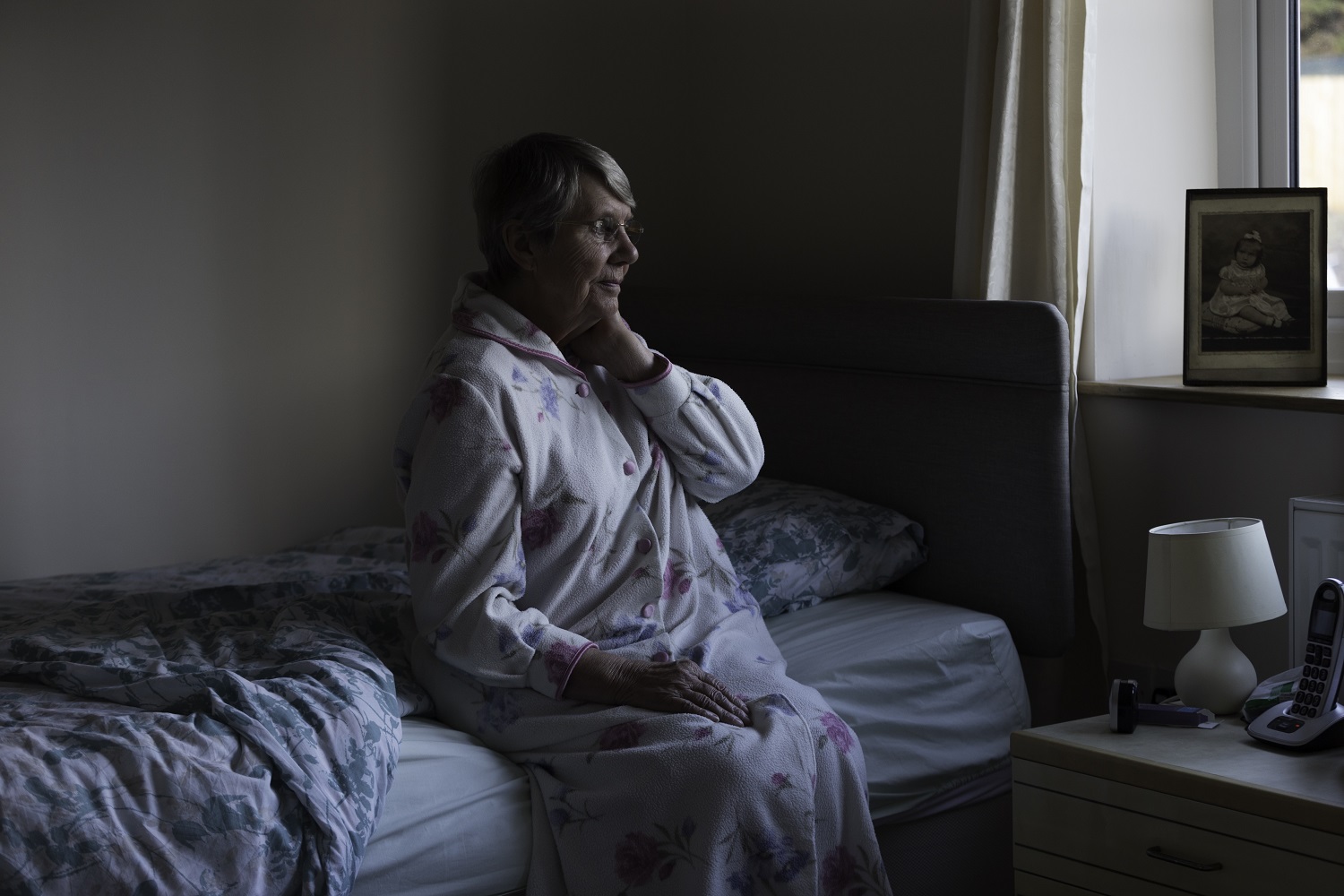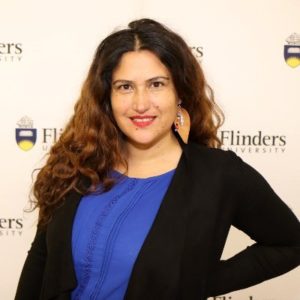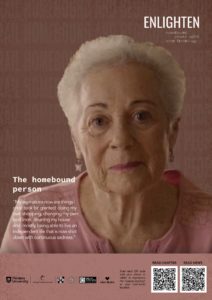
More than 600 thousand Australians prevented from leaving home by their disability can now access an innovative wellbeing initiative to reveal their personal journey and challenges navigating the healthcare system.
‘Approximately 50% of these Australians are aged 5-64 years, and the other half are 65 years or older, so a wide socio-demographic spectrum,’ says Maria Dr Pinero de Plaza, a researcher at Flinders University that has led the development of an online arts and storytelling exhibition with a network of Frail, Homebound and Bedridden People (FHBP) and clinicians – showcasing the personal experiences of 300 Australians facing systemic challenges when accessing healthcare and support.
The FHBP are using innovative wellbeing initiatives to tell their personal stories of struggle and build support networks and primary care access. Many of these Australians live with health issues – including frailty, disabilities, mental health, permanent injuries, and autoimmune, chronic, and rare conditions.
They are left feeling trapped and alone without appropriate access to disability, telehealth and financial support.

The exhibition has developed twenty-three photographs, posters and videos with the expert guidance of health consumers like Penelope McMillan and researchers from the multidisciplinary team that Dr Maria Alejandra Pinero de Plaza, Caring Futures Institute at Flinders University, has integrated to shine a light on their traumatic personal experiences and advocate for improved access to public health services.
‘More than thirty-seven thousand Australians have reported not leaving home at all because of their disability or a health condition, so we’re looking at a significant proportion of the population.’
‘Our online exhibition expresses their personal struggles through imagery and messages created directly with homebound people to provide knowledge and understanding about these traumatic experiences and highlights the solutions that scientists and clinicians can develop by working with these groups.’
This exhibition was submitted recently to the Disability Royal Commission by Dr Pinero de Plaza. She indicates that the Commission has acknowledged how this output of the FHBP research program will help develop a better understanding of the systemic failings affecting those confined to their homes:

‘In our correspondence, The Disability Royal Commission has acknowledged the systemic issues experienced by FHBP, which can help prompt action that is required to educate all health professionals and service providers about FHBP; educate Centrelink, NDIS, and government services about the difficulties FHBP are facing.’
‘We look forward to our research and the stories in the exhibition helping inform future government and agency policies to address gaps in the system to improve services for homebound and bedridden Australians, for example, providing GP consultation via telehealth for these groups (#FHBP) and supporting science implementation programs for them.’
Presenting these findings on 16 February at the Performing Creativity, Culture and Wellbeing conference in Melbourne, Dr Pinero de Plaza will outline how arts-oriented health research and technology can combine to improve care for Frail, Homebound and Bedridden people.
“It’s important to ask what lessons about continuity of care and integration should be acknowledged and accommodated in performing arts interventions like the concept we’ve developed to best support people with a network of Frail, Homebound and Bedridden People (FHBP), clinicians and experts moving forward.’
‘Enlighten: Homebound people ageing with technology: A socio-scientific and artistic exhibition submitted to the Royal Commission into Violence, Abuse, Neglect and Exploitation of People with Disability is published here.

